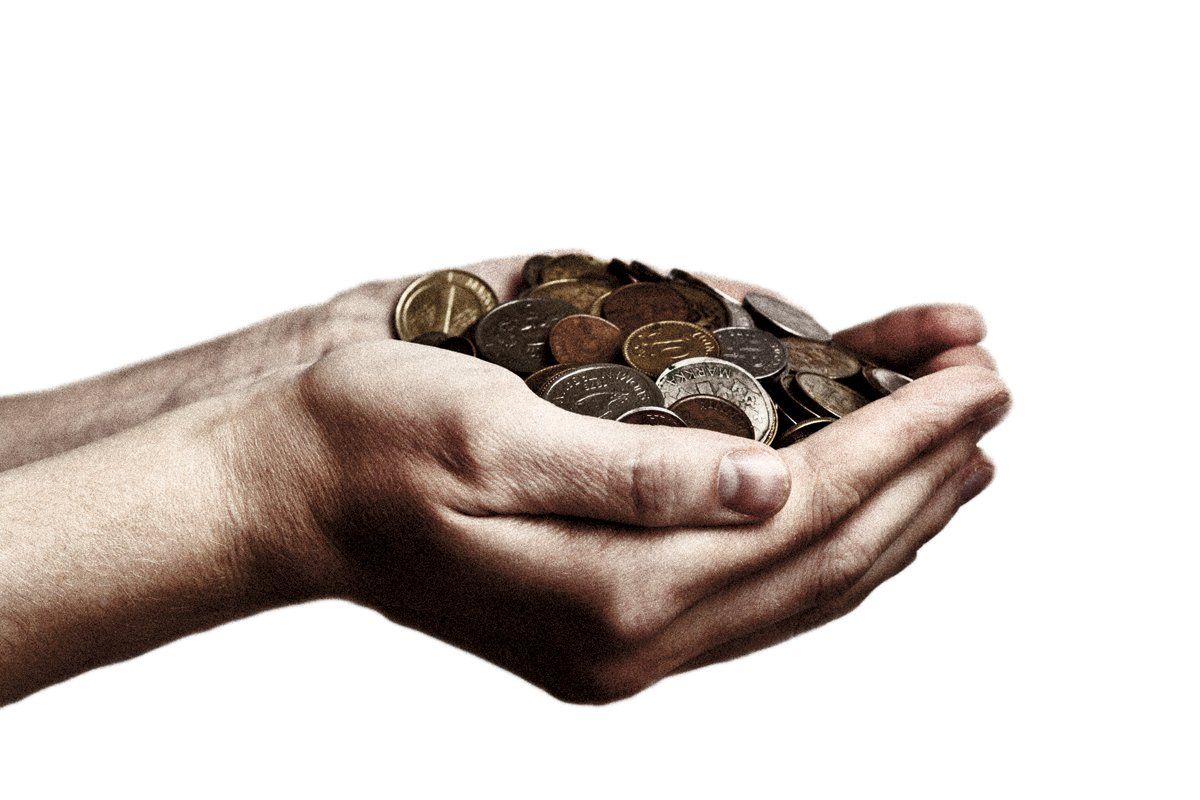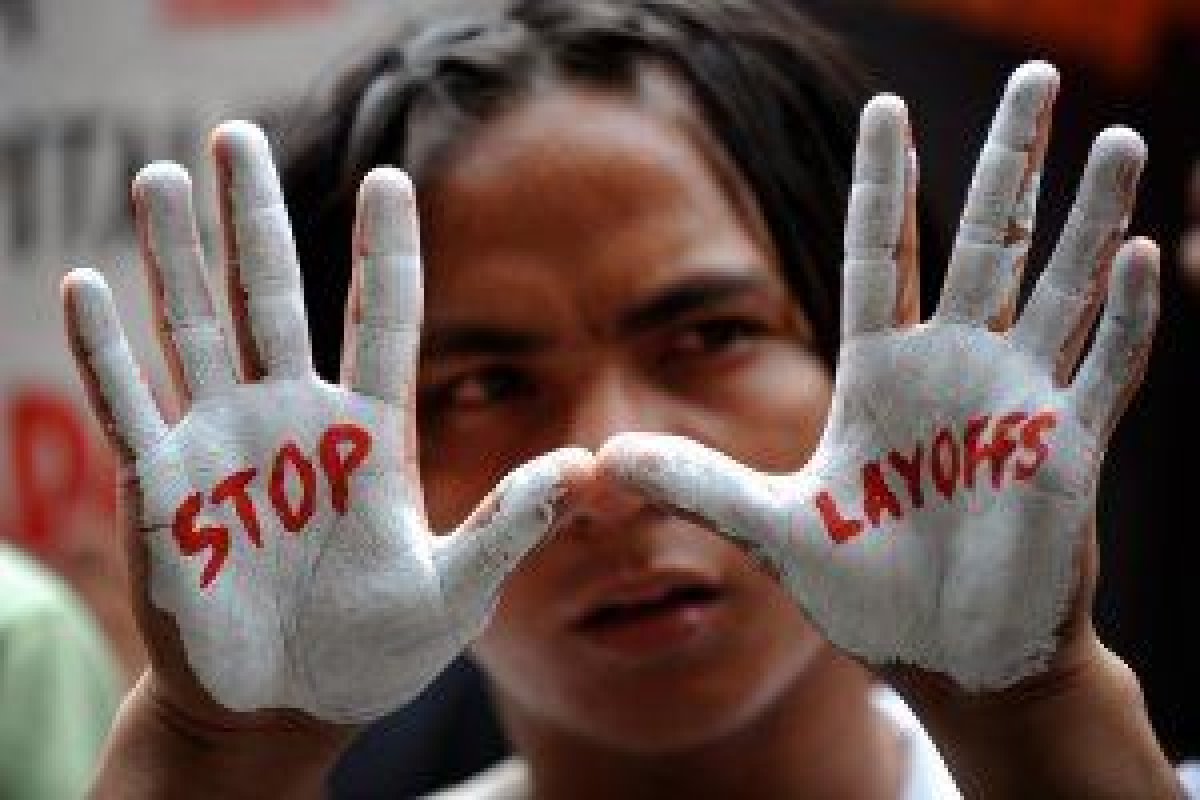
You may have not noticed, but we are in the middle of the third major bailout of U.S. and European banks and their investors in as many years. First came the original financial-sector rescue after the 2008 collapse of Lehman Brothers, which has so far shifted an estimated $3.7 trillion in banks' losses and problem assets to the taxpayers' bill in the U.S. alone. Then came the European Union's €750 billion bailout of its weaker members—essentially another attempt to stabilize Europe's banks, which together funneled some $2 trillion into the bonds, banks, and real-estate sectors of Europe's shakiest economies: Greece, Ireland, Portugal, Spain, and Belgium.
Now, near-zero interest rates are shifting hundreds of billions from the pockets of savers—including millions of pensioners now earning next to no interest on their investments—into the coffers of banks and their investors. This stealth bailout—effectively a giant tax on savers—is worth nearly $1 trillion annually in the U.S. alone, according to an estimate by Offit Capital Advisors. Worse, critics argue that this little-mentioned bailout isn't just fleecing savers, it's slowing the global recovery. By sucking money out of the real economy and into the financial sector, low interest rates are doing the opposite of what they're supposed to do—delaying restructuring of the West's stricken financial sector and stifling the economy instead of reigniting growth.

That's not at all how it was supposed to work. The theory behind ultra-low rates is that they're necessary to ensure the fragile economic recovery. The idea is that low rates have a "pump-priming" effect, getting consumers and companies to spend again because it's cheap to borrow money. While that's true during normal recessions, it's much less effective in a deep and ongoing financial crisis. There is limited appetite for yet more loans in an uncertain economy plagued by high unemployment and declining house prices.
The main beneficiary of low rates is not the economy at large but the financial sector itself. Banks have kept borrowing costs high while slashing interest rates paid to savers. In the U.S., average interest on savings deposits, money-market funds, and CDs first dipped below 1 percent in July, less than what savers lose to inflation. Because most banks have also hiked fees, some savers are now, in effect, paying banks to keep their money.
Borrowers are no better off. According to the U.S. Bureau of Economic Analysis, average mortgage rates have barely budged since the Federal Reserve lowered its funds rate from 5.25 percent in 2007 to the 0.25 percent in effect since 2008; the 6.1 percent average rate on all outstanding mortgages in the second quarter this year (compared with 6.4 percent in 2007) gave banks the highest margin since at least the 1980s. Though rates for new mortgages look low, banks have slapped higher fees on new loans as well and have made it harder for homeowners to refinance at a lower rate. In Europe, bank lending is also only slowly winding its way into the economy. The return of most banks to vast profits has only been possible because of artificially low interest rates and other help from policy-makers—such as when banks use their nearly free cash to invest, say, in government bonds made risk-free by fresh taxpayer bailouts. On both continents, savers lose their shirts because they are getting no return on their nest egg, a double whammy after they're already paying for the banks as taxpayers. And there is no end in sight; at its Sept. 21 meeting, the Federal Reserve promised to keep rates "exceptionally low for an extended period."
At the heart of the problem is continued financial-sector dysfunction. According to the Bank for International Settlements, whose annual report this year included a scathingly critical chapter on low-interest-rate policy, low interest rates remove the pressure from banks to clean up their balance sheets, a pre-requisite for a functioning financial sector and future economic growth. Indeed, the U.S. and Europe are still rife with "zombie banks" that would be insolvent were it not for government guarantees, near-zero interest rates, and asset purchases by central banks, says Christopher Whalen, managing director of Institutional Risk Analytics. He worries that the U.S. in particular is embracing the "Japanese solution" of trying to let these zombie banks—from the big mortgage issuers to the government-sponsored Fannie Mae and Freddie Mac—outgrow their problems on the backs of savers and consumers, delaying the recovery in order to spare banks and their investors any further losses or restructuring.
Conventional wisdom in the West has always been that Japan suffered a lost decade of deflation and zero growth because it failed to push monetary and fiscal stimulus fast enough. But as Japanese crisis veterans like former financial-services minister Heizo Takenaka have repeatedly pointed out, the real lesson of Japan is that if you don't move aggressively to clean up bad banks, the pain will linger. In Japan, savers are still paying the price: the next-to-nothing return on life savings is one reason old-age poverty has doubled since the 1990s and shoplifting by the elderly has tripled. In the U.S., growing worries about retirement have been associated with falling asset prices, but just as worrying for anyone expecting to live off their savings is the question, where can I find decent returns?
All this might be more bearable if the banks were using their bailout money to recapitalize and restructure, minimizing the cost to taxpayers and accelerating the day when rates will normalize. Instead, record bank profits generated by the fleecing of taxpayers, borrowers, and savers are getting channeled into dividends, bond redemptions, bonuses, and the continued propping up of banks that should long have been wound down. Case in point: one of the world's biggest gamblers on toxic assets, Germany's WestLB (it ran one of the largest toxic-asset operations in relation to equity) is engineering a profit this year by spinning off a €77 billion "bad bank" to taxpayers—and that profit will not go to taxpayers themselves, but to the bank's equity and bond investors, like insurance companies and other banks, which have so far taken only token losses. German banking expert Achim Dübel says a fairer policy would be to force banks to recapitalize and abolish payouts of dividends, bonuses, and bond coupons for five or 10 years. The U.K. has tried to close at least one of these leaks with its tax on bank bonuses, but Germany and its ilk have lobbied hard to dilute new banking regulations to protect their own undercapitalized and overleveraged banks.
It would all be less risky if there were a credible plan for governments and central banks to wean themselves and their financial sectors off cheap and easy money. Instead, vast sectors of the financial markets remain unstable and dependent on guarantees and subsidies, including most European and American real estate, the debt of a growing number of European countries, and most bank bonds and shares. As Carmen Reinhart and Ken Rogoff point out in their recent book, This Time Is Different, looking at 800 years of debt bubbles and financial crises, "when an accident is waiting to happen, it usually does." When this bubble bursts, you can bet it will once again be ordinary citizens, as job seekers, taxpayers, and savers, footing the bill.
Uncommon Knowledge
Newsweek is committed to challenging conventional wisdom and finding connections in the search for common ground.
Newsweek is committed to challenging conventional wisdom and finding connections in the search for common ground.
About the writer
To read how Newsweek uses AI as a newsroom tool, Click here.








